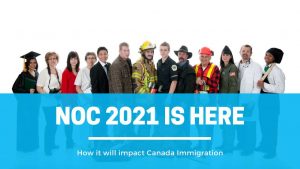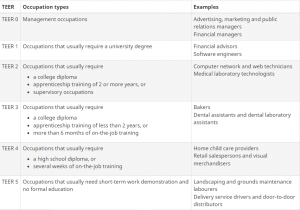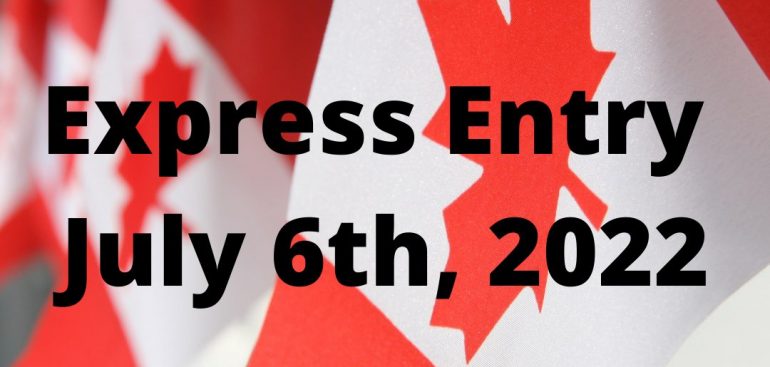
Also referred at NOC 2021 version 1.0 , this new classification replaces the skill level O, A, B that we have been using in immigration. The new categorization is based on these 4 pillars Training, Education, Experience and Responsibilities ( TEER). These changes are in full effect and will have impacts on people applying for Express Entry, PNP or other immigration programs.
The National Occupational Classification (NOC) Canada is a classification of occupations designed to analyze and communicate information about occupations. The last major change to the NOC was done in 2011.
What are the changes to look out for?
- The five-category skill level O,A,B,C,D is being replaced with a six-category system TEER 0 through TEER 5
- The 4-digit occupation codes as we knew them will now be 5-digit codes.
- New occupations eligible for Canada Immigration
TEER categories and occupations



Source: Canada.ca
How to transition from NOC to TEER
Skill level 0 is replaced by TEER 0
Skill level A is replaced by TEER 1
Skill level B is replaced by TEER 2 and TEER 3
Skill level C is replaced by TEER 4
Skill level D is replaced by TEER 5
Let’s take a look back at the skill levels O,A,B
What is the impact for Immigration
Those who have received an ITA before November 16th must use the NOC system to apply for Express Entry. Whoever got an ITA after November 16th must use the NOC 2021 classification when submitting their application.
Because of the new categorization, 16 new occupations are now eligible to apply for Express Entry
- Payroll administrators
- Dental assistants and dental laboratory assistants
- Nurse aides, orderlies and patient service associates
- Pharmacy technical assistants and pharmacy assistants
- Elementary and secondary school teacher assistants
- Sheriffs and bailiffs
- Correctional service officers
- By-law enforcement and other regulatory officers
- Estheticians, electrologists and related occupations
- Residential and commercial installers and servicers
- Pest controllers and fumigators
- Other repairers and servicers
- Transport truck drivers
- Bus drivers, subway operators and other transit operators
- Heavy equipment operators
- Aircraft assemblers and aircraft assembly inspectors
“Using the new NOC categories will allow Canada to bring in global talent in high-demand sectors like health care, construction, and transportation.” Source: Canada.ca
If you are still unsure about where to get started with your Express Entry application, book a consultation with our immigration consultant Neerja Bhandari.


